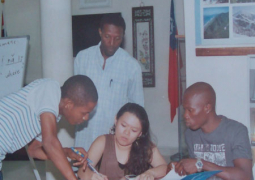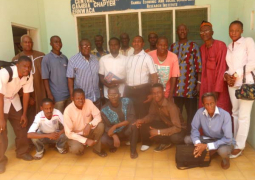Lawyer Assan Martin has raised concerns over the way cautionary and voluntary statements are obtained from suspects, saying the issue of obtaining cautionary and voluntary statement is fundamental in the nation's quest for a fair hearing in most of the criminal cases.
"The accused persons or, in most cases, uneducated suspects are asked to sign or thumbprint a statement which they may have made before at the police station," Martin stated in an interview with our reporter.
According to him, uneducated suspects or accused persons may not understand the content of the statement and its implication, hence the need for the police prosecutors to take it as a duty to ensure that such suspects or accused persons are made to properly understand statements and their implications.
Martin highlighted the need to make the accused or the suspect understand the consequence of what they say or do in the course of the investigation, that such statements may be used in a court of law.
He appealed to the Ministry of Justice, the prosecution and the police to introduce a new system of tape recording in obtaining statements from suspects in the presence of their counsel or parents.
He also appealed to officers at the police stations to be sincere in obtaining or recording the accused or the suspect's statement as "this would reduce the viore dire in our courts".
"This is a major concern in a criminal trial as many a time, these statements are obtained at the police station and end up in court," he said, noting that there is a procedure in obtaining statements by the police.
Lawyer Martin added: "Our experience in courts have shown us that in most cases, the different versions of the accused persons' statements are the ones recorded. Hence the courts rely heavily on the statement as evidence and find it difficult to figure out whether they are admission or denial statement."
Read Other Articles In Article (Archive)
Majority leader warns employers, employees
Dec 24, 2010, 1:27 PM




